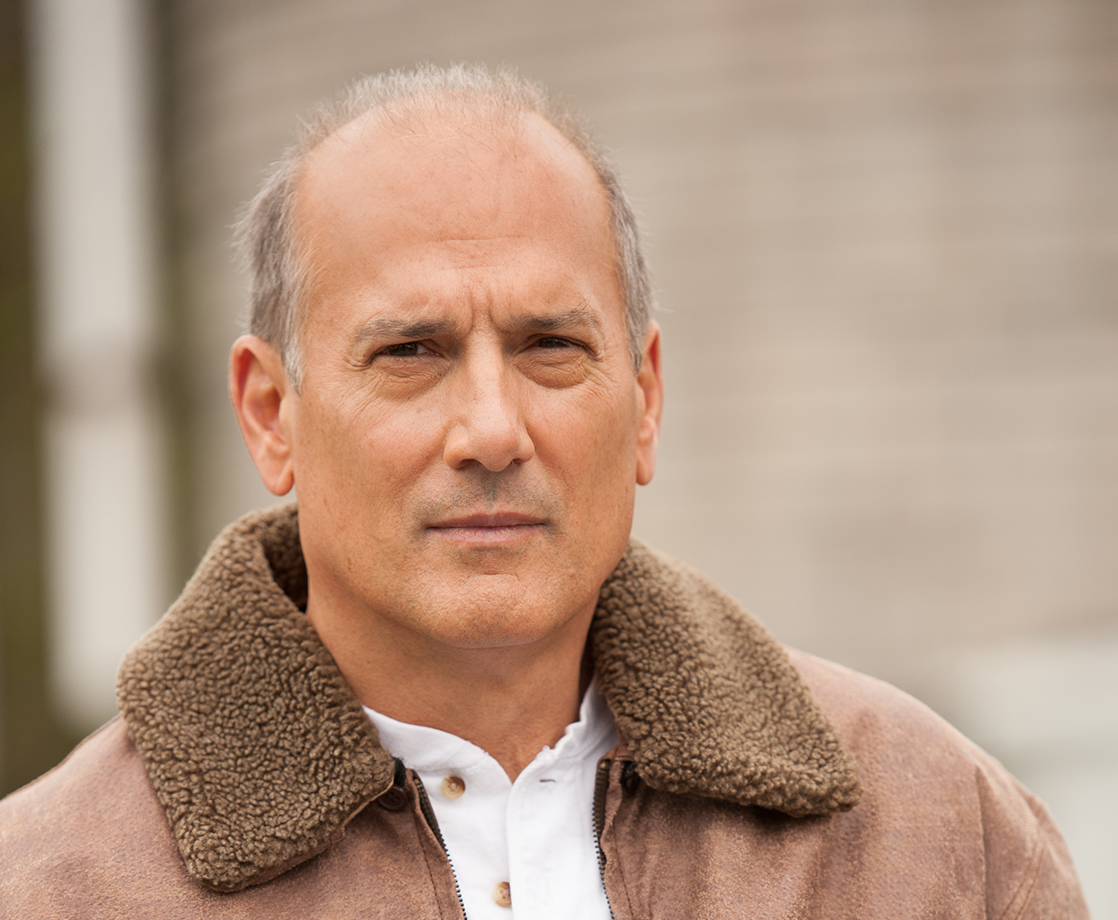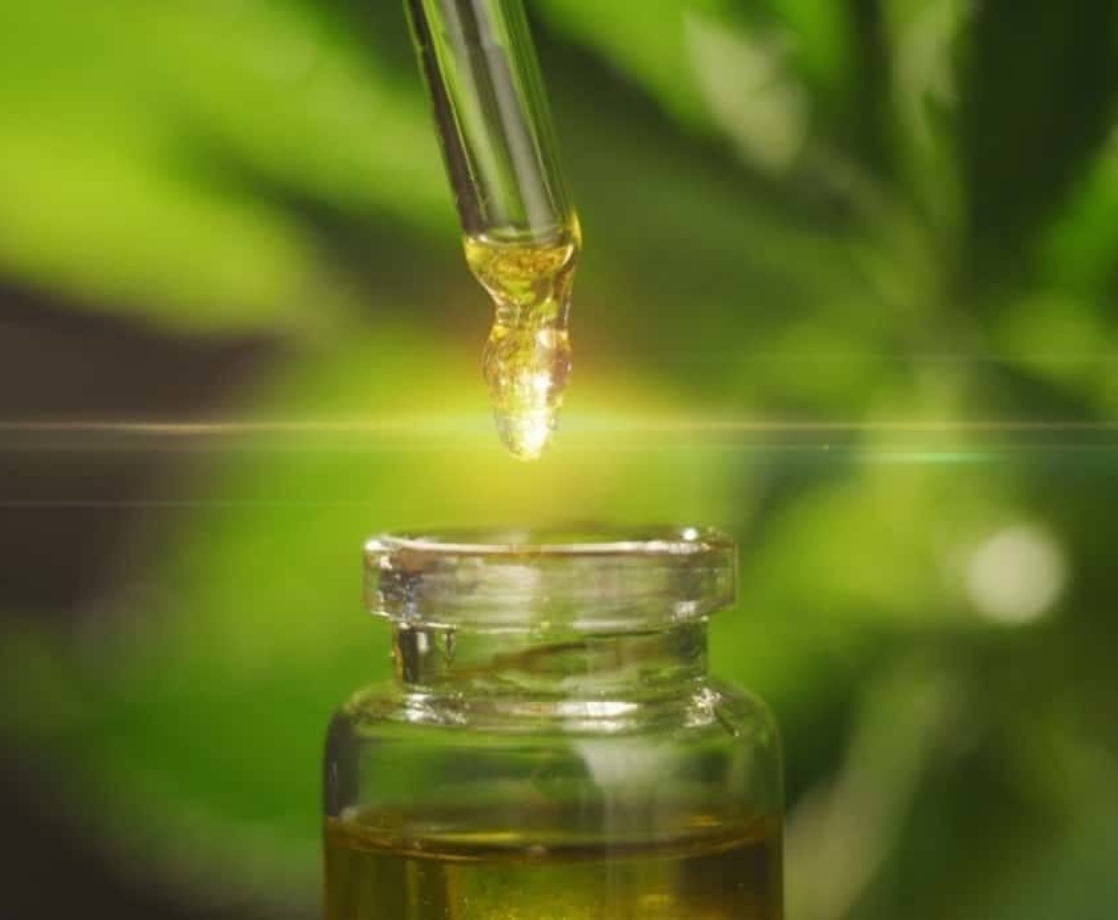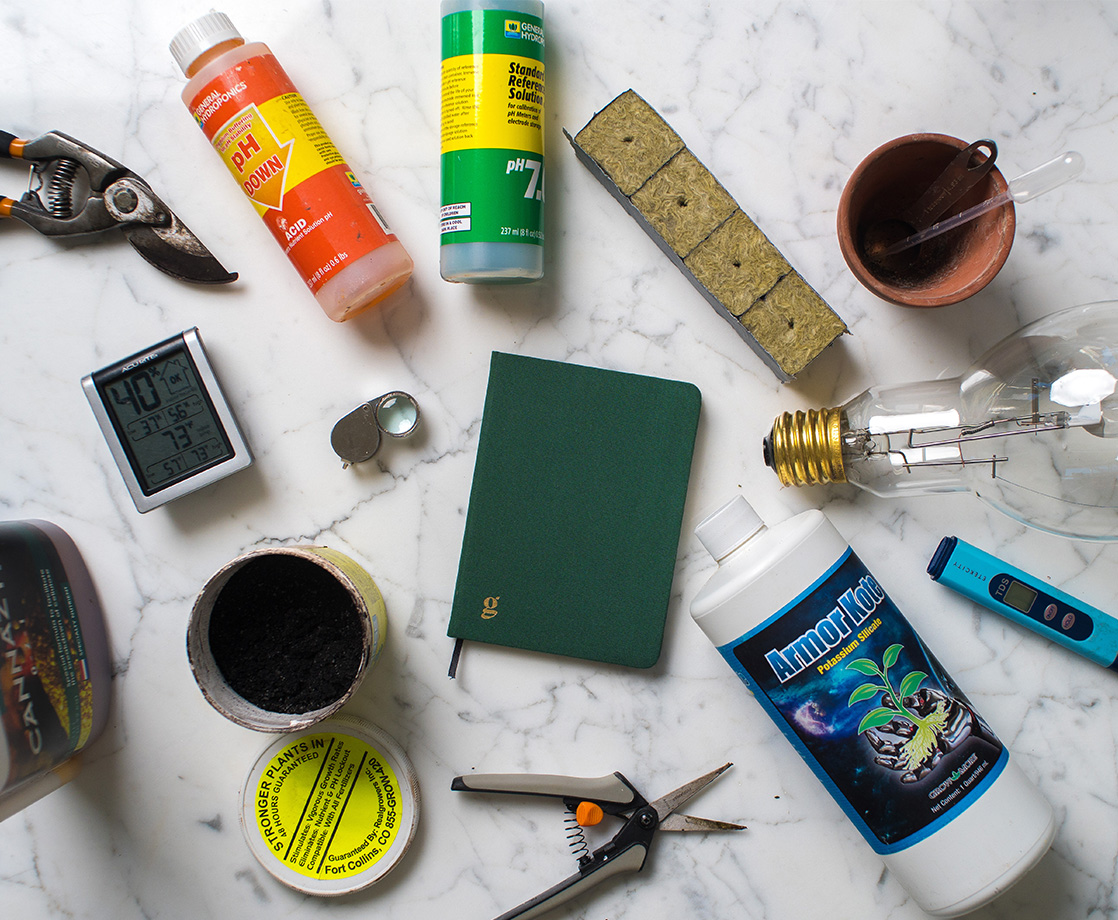Lead photo via Wikimedia Commons
President Trump announced this week that his nominee for the country's "drug czar" was withdrawing from consideration from the position after a recent media investigation questioned his ties to the pharmaceutical industry. Rep. Tom Marino, a staunch supporter of Trump's campaign, was the President's top choice to head the Office of National Drug Control Policy, but Democrats urged Trump to drop his support after news that Marino helped block the DEA from enforcing drug laws against pharmaceutical companies went public.
A joint investigation by The Washington Post and 60 Minutes singled out Marino as the driving force behind a 2016 bill that stripped the DEA of the power to freeze suspicious shipments of narcotics by pharmaceutical firms. For years, the DEA was regularly fining these businesses for flooding the market with suspiciously large shipments of opioid painkillers. Between 2014 and 2016, the drug industry spent over $100 million on lobbying efforts to convince Congress to pass legislation preventing the DEA from interfering with the multi-billion-dollar annual revenue they were making from opioid sales.
Tom Marino spent several years in Congress pushing for legislation to block the DEA's power to stop these suspicious shipments, and the legislation was finally passed in April 2016 with the help of Senator Orrin G. Hatch. The investigation revealed that the pharmaceutical industry contributed at least $1.5 million to all 23 legislators who sponsored or co-sponsored versions of the legislation. Marino received nearly $100,000 of this money, and Hatch received another $177,000.
"We need a drug czar … who is passionate about ending this opioid epidemic," Sen. Joe Manchin III, one of the first legislators to call for Marino's nomination to be revoked, said in a statement. "It's because of the fine journalists at the Washington Post and 60 Minutes that we have avoided appointing someone who could have made the opioid epidemic even worse."
Sen. Claire McCaskill also released a statement supporting Marino's withdrawal. "I think this is the right decision, and I look forward to the Administration nominating a leader that can aggressively bring to bear every tool the government has to confront what is unquestionably a national public health crisis," she wrote. McCaskill also said that she was planning to introduce legislation to overturn the law limiting the DEA's powers to limit questionable opioid sales.
Even before these current revelations, there were some concerns that Marino could even pass the Senate hearing necessary to confirm him as drug czar. This April, after Trump announced Marino as his choice for the position, allegations that Marino used his influence as Pennsylvania district attorney to help clear his friend's drug charges recirculated. In 1998, Marino hand-delivered a note to a judge asking for his friend's conviction for dealing six grams of cocaine to be expunged, according to U.S. News and World Report.
Succumbing to recent pressure from Congress urging him to take action on the country's opioid epidemic, Trump announced that he would finally declare the epidemic a national emergency next week. The president also claimed that his administration is "going to be looking into" Marino's involvement in creating the law. Regardless, the President still referred to Marino as "a great guy" and "a very early supporter of mine."











